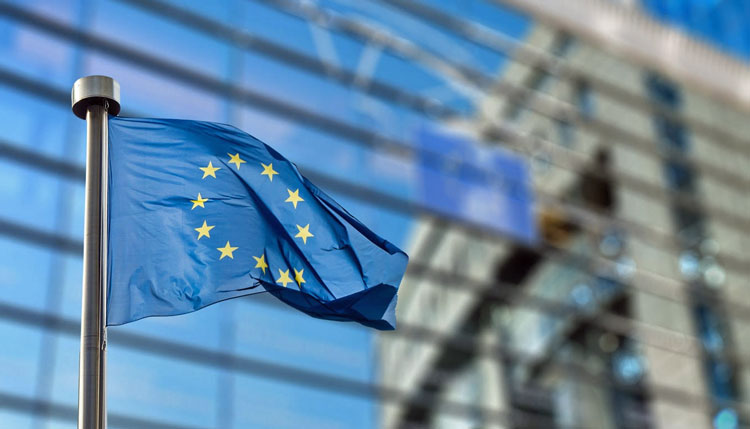The Diplomat
The government has formally requested the third payment of the European ‘Next Generation EU’ funds, which involves the disbursement of a total of 6 billion euros, the Ministry of Finance announced yesterday in a press release.
The amount of this second disbursement corresponds to the fulfilment of 29 milestones and objectives – 23 milestones and six objectives – which have been met throughout the first half of 2022.
The satisfactory assessment of the fulfilment of this package of milestones and targets will result in the disbursement of EUR 6 billion, which would be added to the EUR 31.036 billion already received, of which EUR 9.036 billion was received as pre-financing and EUR 22 billion corresponding to the first and second disbursement.
Thus, with this request, made by the General Secretariat of European Funds, which reports to the Ministry of Finance and Public Administration, Spain becomes the first Member State to request the third disbursement.
The Government explained that this request for payments is a continuation of the “intense” process of reforms already underway. It highlighted the entry into force of the reform of the Bankruptcy Law, which establishes a second chance procedure and introduces a special procedure aimed at micro-SMEs that reduces the duration and cost of the procedure and which will be processed entirely by electronic means.
In the field of education, one of the milestones is the entry into force of the Law on the Comprehensive Vocational Training System, the purpose of which is to regulate a system of vocational training and accompaniment capable of responding flexibly to the interests and aspirations of people throughout their lives for professional qualifications and to the skills required by new production and sectoral needs.
On the other hand, with regard to pensions and Social Security, the Executive has highlighted that very important advances have been made, such as the reform of the Social Security contribution system for the self-employed in order to gradually implement a new contribution system based on real income.
As sources from the Ministry of Economic Affairs confirmed to Europa Press, as in the cases of Italy, Cyprus, Romania and Bulgaria, the Spanish Government has agreed with the European Commission to extend the deadline for assessing the documentation submitted by a further month, i.e. three months, “to facilitate the work of the teams, bearing in mind that the Christmas period is in the middle of this period”.
In the event of a positive evaluation by the European Commission, Spain would have already met 121 milestones and objectives out of a total of 416, which would be equivalent to almost 30% of the total number of milestones and objectives, according to the communiqué.






